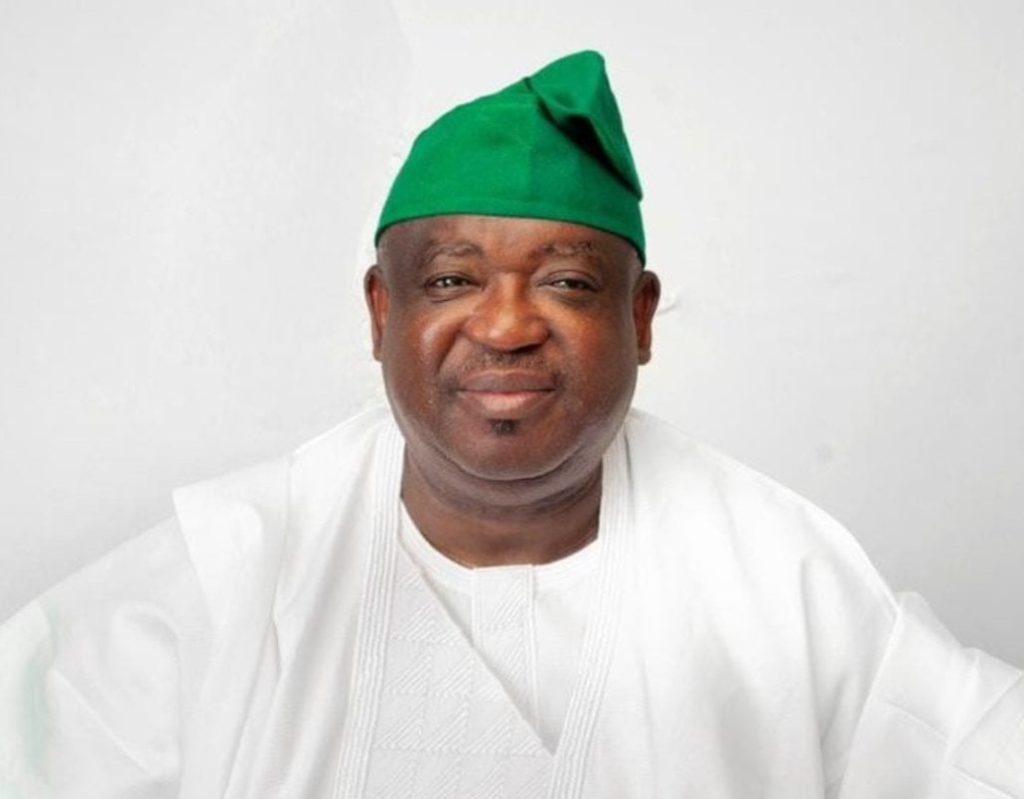
Plateau State Governor, Caleb Manasseh Mutfwang, has voiced his concerns about not receiving a fair hearing during the Court of Appeal’s judgment that removed him from his position as the state governor.
Represented by an eight-man team of Senior Advocates of Nigeria (SANs), led by Kanu Agabi, Mutfwang brought attention to the lack of comprehensive consideration of his case. He emphasized that he presented eight crucial points to the Court of Appeal to validate his election, but only one was addressed. This, he argued, goes against the directive of the Supreme Court, which mandates intermediate courts to rule on all presented issues.
In his plea to the Supreme Court, scheduled for Tuesday, Governor Mutfwang urged the court to acknowledge his claims and declare him as the duly elected governor of Plateau State.
Mutfwang insisted that since he was not given a fair hearing, the Supreme Court should dismiss the judgment of the Court of Appeal which invalidated his election.
He added: “It is our further submission that having denied fair hearing to the appellant, with respect to the Notice of Preliminary Objection as well as a motion to strike out the incompetent grounds of appeal, the decision of the lower court to dismiss same is, with all due respect manifestly flawed.
“The implication of denial of fair hearing renders proceedings null and void.
“We respectfully urge the honourable court to invoke its powers in Section 22 of the Supreme Court Act by upholding the Notice of Preliminary Objection of the appellant embedded in his brief before the lower court and also granting the Motion of the Appellant filed on 2nd November, 2023 before the lower court by striking out grounds 1 – 9, 11, 12, 15, 16, 17, 20, 21 and 22 of the Notice and Grounds of Appeal of the 1st and 2nd respondents.”
He said he has attached enough evidence to prove that the Court of Appeal should not have cancelled his election.
He said: “The issue of nomination and sponsorship which underpinned Ground 1 of the petition is not only a pre-election but within the internal affairs of the 4th respondent and as such the 1st and 2nd respondents lacked the locus standi to canvass it.”

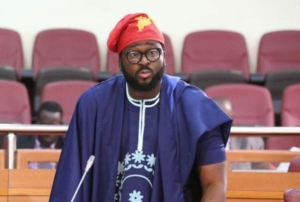
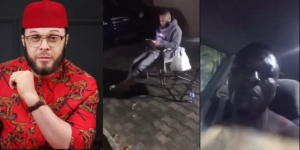
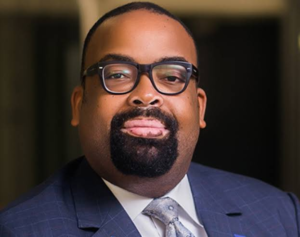
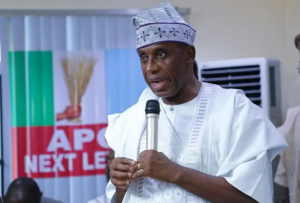
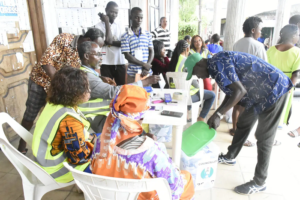
Be First to Comment